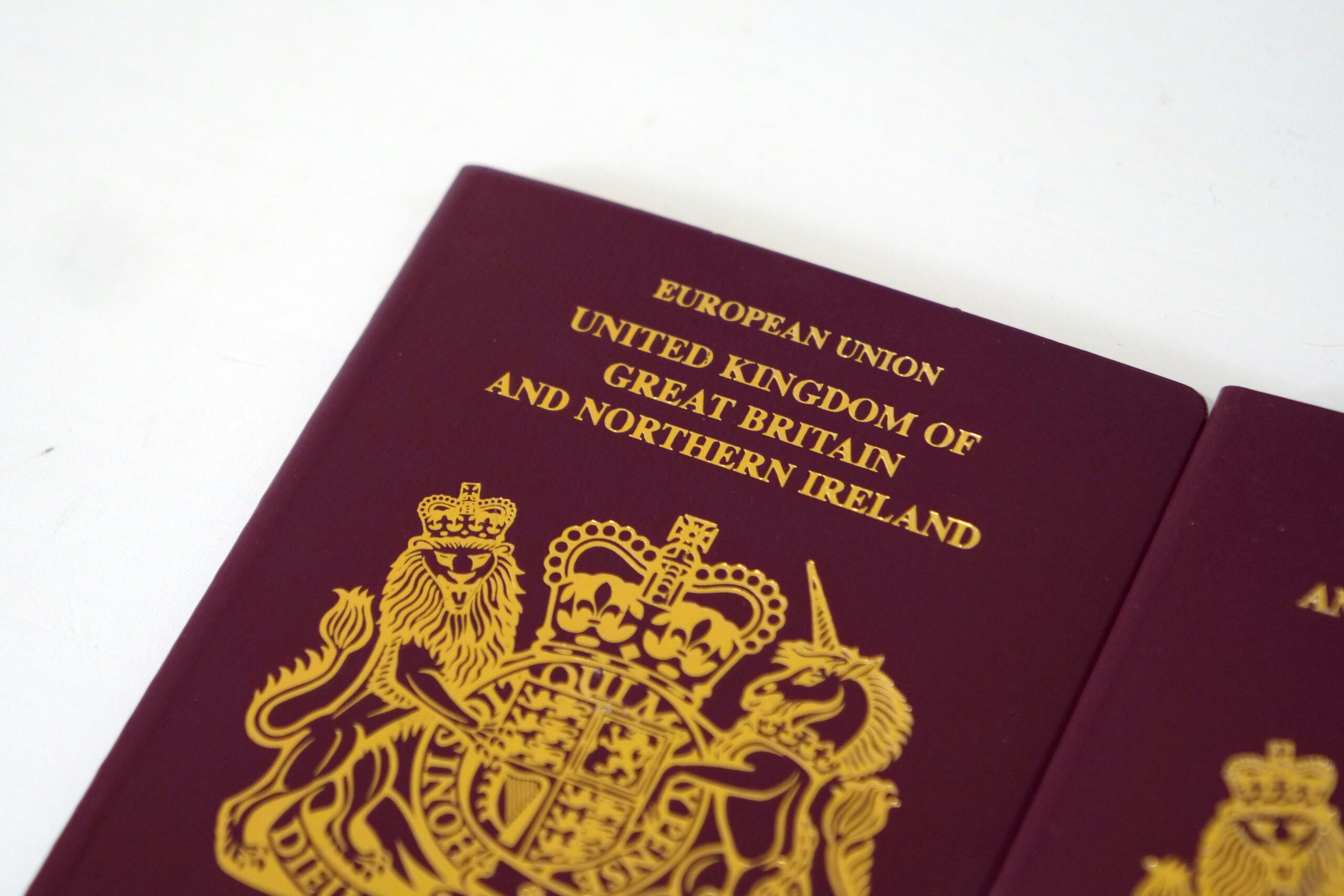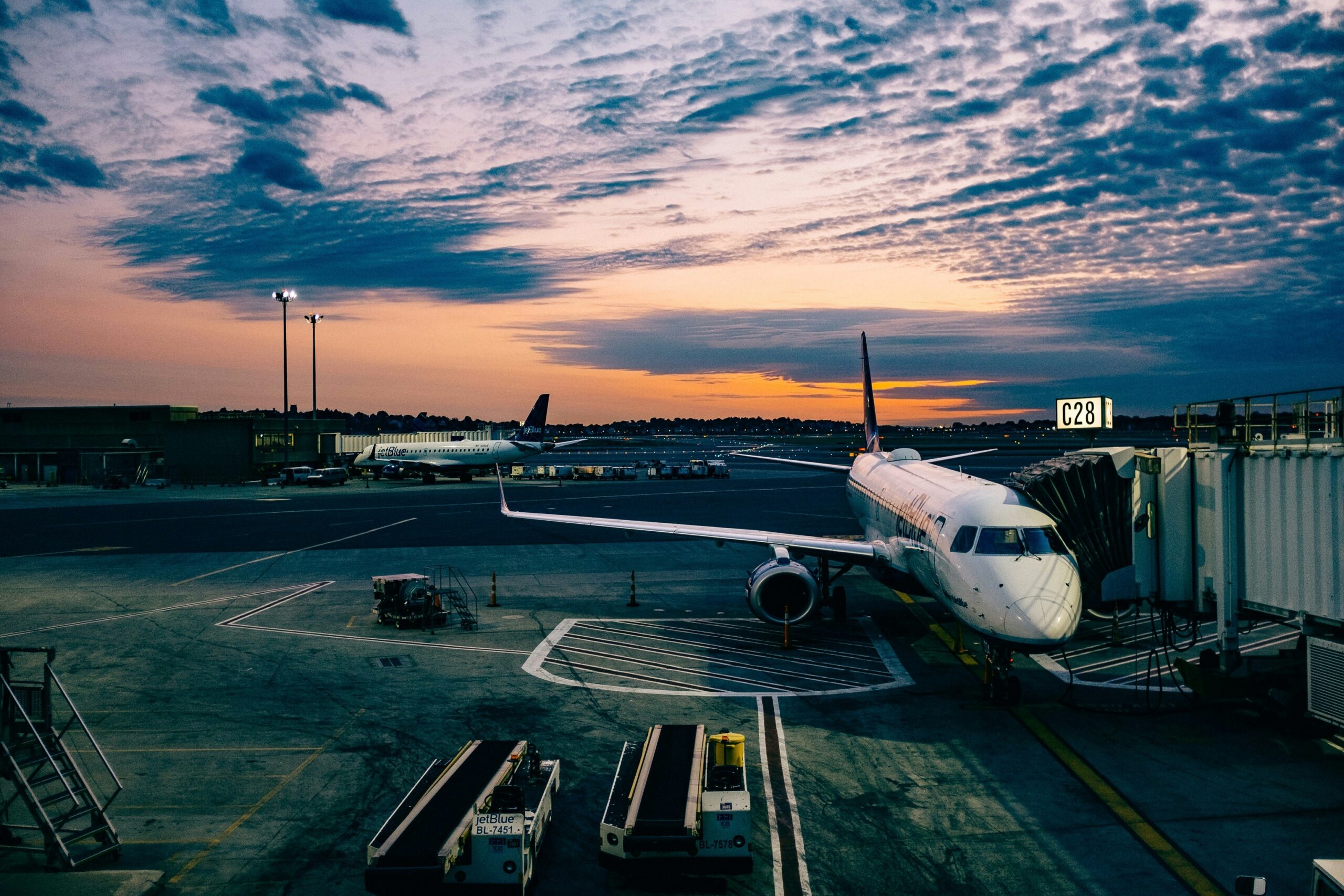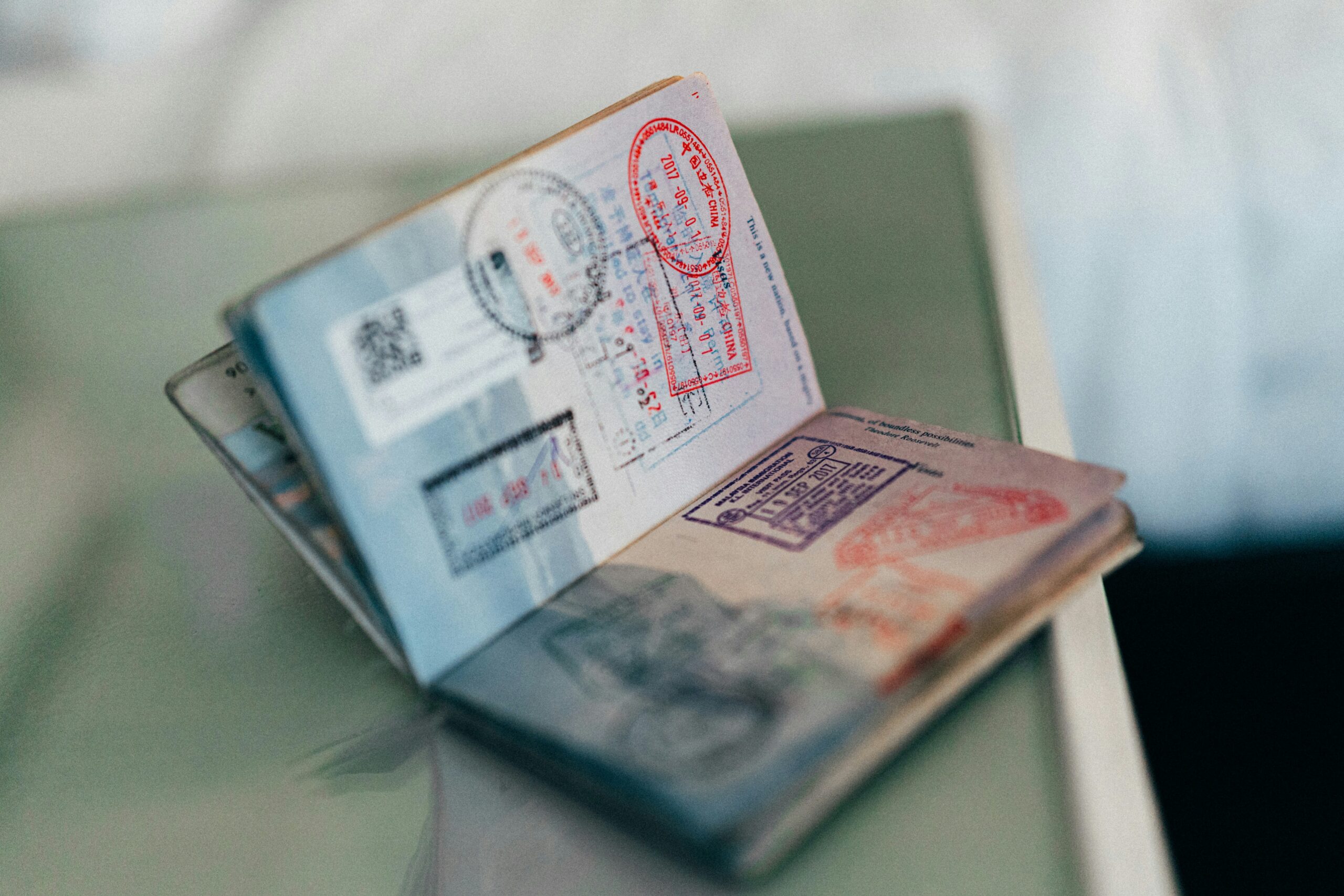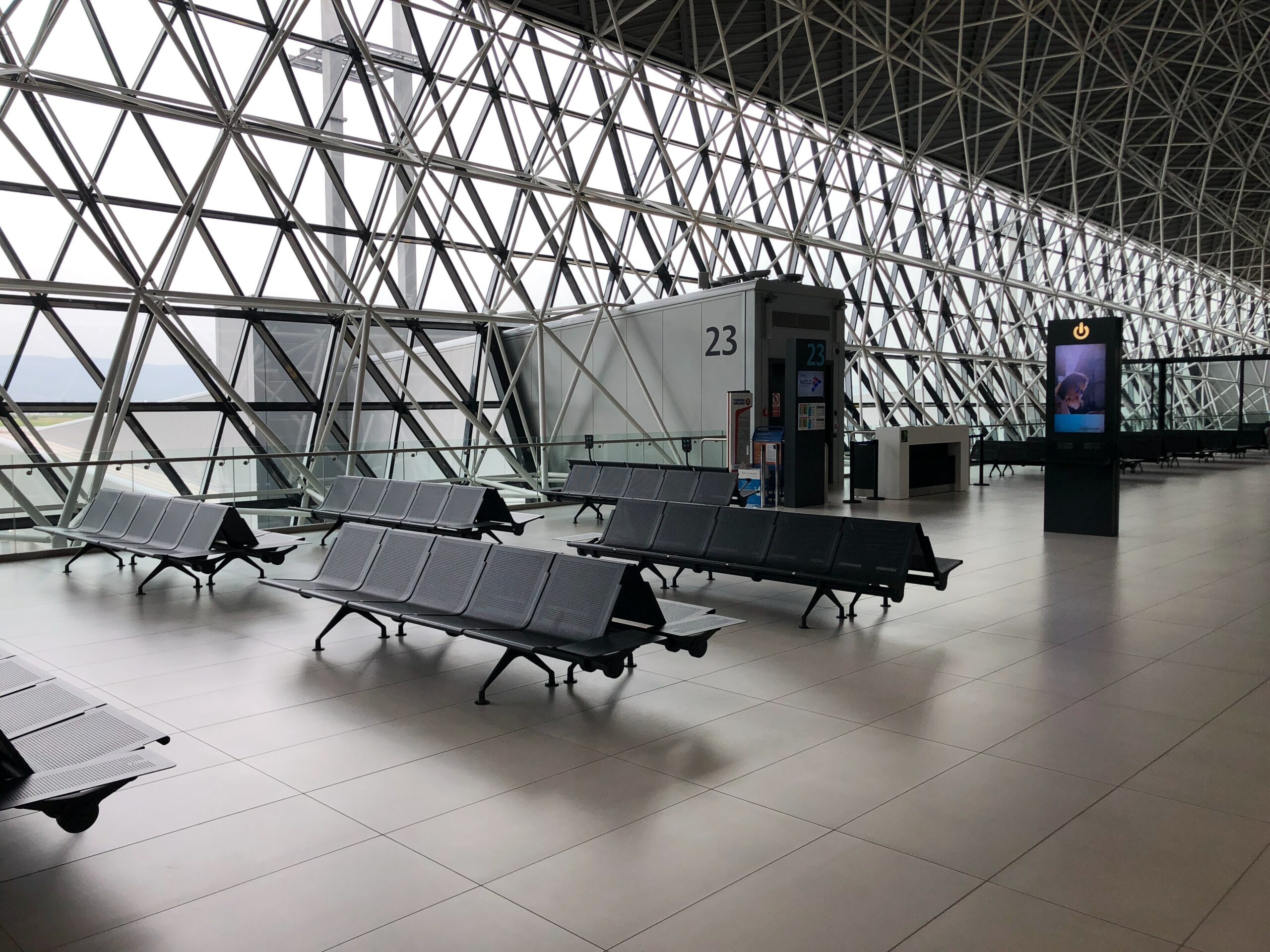How Discretionary Leave to Remain Works in the UK
Navigating the UK immigration system can be challenging, especially for those who do not meet the standard visa or asylum requirements. In such cases, Discretionary Leave to Remain (DLR) offers a potential route for individuals with compelling reasons to stay in the UK. Whether due to humanitarian concerns, medical needs, or exceptional personal circumstances, DLR provides temporary permission to remain, with the possibility of future settlement.
In this guide, the Immigration Team at Richard Nelson LLP, together with Rita Kotecha, covers everything you need to know about eligibility, the application process, rights, and what to do if your application is refused.
If you’re interested in a particular section, use the links below to navigate straight to it:
- What is Discretionary Leave to Remain?
- What is the purpose of Discretionary Leave to Remain?
- UK Discretionary Leave to Remain requirements
- How long is Discretionary Leave to Remain granted for?
- What does Discretionary Leave to Remain allow?
- Discretionary Leave to Remain restrictions
- How to apply for Discretionary Leave to Remain in the UK
- How much does Discretionary Leave to Remain cost?
- How long does a Discretionary Leave to Remain application take?
- Can you apply for indefinite leave to remain?
- What happens if your application is refused?
- How we can help
Need help with a Discretionary Leave to Remain application? Contact our immigration lawyers today for expert guidance and support to navigate the process successfully.
What is Discretionary Leave to Remain?
Discretionary Leave to Remain (DLR) is a form of permission granted by the UK Home Office to individuals who do not meet the standard visa or asylum requirements but have exceptional or compassionate reasons to remain in the UK.
It is granted on a case-by-case basis, and while the UK’s Immigration Rules are designed to cover the majority of scenarios in which migrants can stay, there are certain situations where individuals may still have valid reasons to remain despite not qualifying for these rules.
Discretionary Leave to Remain for children
The Home Office is required to consider the best interests of children when deciding on their immigration status. In many cases, this ensures the child remains in the UK.
Unaccompanied asylum-seeking children who are refused asylum or unable to return due to unsuitable reception arrangements may be granted discretionary leave until they turn 17.5 years old or for up to 30 months, whichever is shorter.
If the child turns 18, they are considered an adult and can apply to extend their leave through other routes. Children born in the UK to parents with discretionary leave are granted the same leave, while those born to one parent with leave will be assessed based on the other parent’s status.
What is the purpose of Discretionary Leave to Remain?
The Home Office’s Discretionary Leave to Remain (DLR) policy is designed to offer a fair and compassionate approach to immigration. It provides a safety net for those who don’t meet the standard Immigration Rules but face exceptional circumstances that make leaving the UK unjustifiably harsh.
Discretionary Leave to Remain serves several key purposes:
- It allows individuals to stay in the UK when enforcing their removal would be too severe.
- It considers cases involving exceptional or compassionate factors, particularly in protection claims.
- It is usually granted for up to 30 months, though longer periods may be allowed in compelling situations. This ensures DLR recipients don’t have an advantage over those following standard immigration routes.
- Those granted DLR must pay the necessary fees or qualify for exemptions when applying for an extension.
- UK settlement is a privilege, not an automatic right, meaning most applicants must complete a set period of continuous limited leave before being eligible to apply for indefinite leave to remain.
This policy ensures a balanced approach, protecting the integrity of the immigration system while recognising individual hardships.
UK Discretionary Leave to Remain requirements
DLR is not automatically available and is only granted in exceptional cases. The Home Office provides broad scenarios where DLR may be granted.
Medical cases
Medical cases apply to both asylum and non-asylum claims. If a claimant raises medical issues under Article 3 or Article 8 while having an outstanding asylum claim, these will be considered within that claim without requiring a separate application.
The test the caseworkers should follow when determining leave outside the immigration rules on medical grounds would be whether removing the claimant from the UK would breach their Article 3 rights as a result of their medical condition.
Other cases involving a breach of the ECHR
In cases where returning to the claimant’s home country would breach their human rights under the European Convention on Human Rights (ECHR) but does not qualify for humanitarian protection, DLR may be considered. This applies when a return would result in a complete denial of a fundamental right.
Exceptional circumstances
DLR may be granted in cases where appeal rights have been exhausted, and the case is under review at the removals stage. The claimant must provide evidence explaining why they have remained in the UK for an extended period due to factors beyond their control and why voluntary departure is not possible.
Modern slavery and human trafficking cases
Since January 2023, victims of human trafficking, modern slavery, servitude, and forced labour may be granted temporary permission to stay under the Nationality and Borders Act 2022. This is applicable if the individual is:
- Cooperating with public authorities in criminal investigations
- Recovering physically or mentally from exploitation
- Seeking compensation for their exploitation
Before January 2023, those with positive conclusive grounds and an asylum claim related to re-trafficking or serious harm risk could be considered for DLR.
How long is Discretionary Leave to Remain granted for?
If the applicant receives a successful application, they will be granted leave for 30 months (2.5 years). Some cases may receive different periods depending on individual circumstances.
To apply for a Discretionary Leave to Remain extension, individuals must complete the FLR (HRO) form. This form is used for applications based on compelling or exceptional circumstances, including discretionary leave, medical grounds, or family/private life situations that do not fall under other categories. While the initial grant is for 30 months, subsequent extensions are not automatically granted for the same duration.
Each renewal is considered on its own merits, and the Home Office assesses whether the applicant continues to meet the necessary criteria. If the circumstances of the individual remain unchanged at the time of renewal, they may be granted an extension for a further two and a half years.
In some cases, a longer period may be considered if it is deemed to benefit the welfare of a child or children involved. However, the Home Office ensures that those granted DLR do not benefit from a faster route to settlement than those who meet the standard Immigration Rules.
What does Discretionary Leave to Remain allow?
Being granted Discretionary Leave to Remain (DLR) allows individuals to live, work, and study in the UK. DLR holders may also be eligible to access public funds, including state benefits, depending on their circumstances.
Discretionary Leave to Remain restrictions
While Discretionary Leave to Remain (DLR) permits individuals to live, work, and study in the UK, it comes with specific limitations:
Temporary status
DLR is typically granted for up to 30 months. To remain beyond this period, individuals must apply for an extension and demonstrate they continue to meet the eligibility criteria.
No automatic path to settlement
Unlike other immigration statuses, DLR does not automatically lead to indefinite leave to remain or settlement. Individuals must complete a minimum period of continuous limited leave before being eligible to apply for settlement.
Public funds
Like we said previously, DLR holders may be eligible to access public funds, including state benefits, depending on their circumstances. However, not all benefits are available, and some may be restricted.
Travel limitations
DLR holders can travel outside the UK; however, re-entry is not automatically guaranteed. Returning to the UK may require additional permissions or documentation, and travel could be subject to extra scrutiny.
Continued eligibility
To extend their leave, individuals must demonstrate that they continue to meet the eligibility criteria for DLR. This often includes paying relevant fees and meeting specific immigration requirements.
How to apply for Discretionary Leave to Remain in the UK
The application process for Discretionary Leave to Remain (DLR) varies depending on the individual circumstances of the case. Given its complexity, strong supporting evidence is essential, and legal representation is highly recommended. The application procedure typically follows these steps:
Gathering evidence
Applicants need to present compelling evidence that supports their claim for DLR. This may include medical records, witness statements, legal arguments, and other relevant documents that detail the exceptional or compassionate circumstances of the applicant’s situation.
Submitting an application
The application for DLR is typically made using the relevant forms, such as the FLR (FP) or FLR (HRO) for human rights-based claims outside the Immigration Rules. For medical cases within non-asylum contexts, the FLR (HRO) form is used. For those responding to enforcement action or deportation notices, a formal application may not be required.
Home Office review
Once the application is submitted, the Home Office will assess the case based on merit and the supporting evidence provided. They will determine if the circumstances justify granting leave under the discretionary provisions.
Decision notification
If the application is approved, the applicant will generally be granted DLR for a period of up to 30 months, with the possibility of extending or renewing the leave based on continued eligibility. In some exceptional cases, indefinite leave may be granted. The Home Office will inform the applicant of the decision and the next steps if renewal is necessary.
It’s important to note that Discretionary Leave to Remain is typically granted only in exceptional circumstances where return to the home country would result in undue hardship, and it cannot be applied for from overseas.
How much does Discretionary Leave to Remain cost?
Where an application is required, using either Form FLR (FP) or (HRO), the fee is £1,258. The applicant may also be liable to pay the immigration health surcharge, which is £1,035 per year of leave for applicants 18 or over, or £776 a year for applicants under 18. It is vital to check the fees at the time of submission as these may change periodically.
How long does a Discretionary Leave to Remain application take?
The processing time for a Discretionary Leave to Remain application can vary, with UKVI taking several months to make a decision depending on the complexity of the case and whether additional inquiries are necessary. During this time, the applicant is typically allowed to remain in the UK while awaiting a decision.
Can you apply for Indefinite Leave to Remain?
After holding DLR continuously for 10 years, individuals may be eligible to apply for Indefinite Leave to Remain (ILR). However, eligibility is assessed on a case-by-case basis, and applicants must demonstrate continued residence and good character.
What happens if your DLR application is refused?
If your DLR application is refused, you may:
- Request an administrative review or appeal the decision
- Submit a fresh application with stronger evidence
- Seek legal advice to explore alternative immigration options
Alternative immigration routes
As Discretionary Leave to Remain (DLR) is a concession that can be considered outside the UK’s Immigration Rules, it serves as a fallback option when an applicant does not meet the requirements for leave to remain.
In such cases, the only viable alternatives are Leave Outside the Rules (LOTR) or leave to remain for Article 8 reasons. These alternatives are relatively rare, and it is always recommended to seek expert advice before applying.
How we can help
Applying for Discretionary Leave to Remain can be a complex and challenging process, as each case is assessed individually with no guarantee of approval. Ensuring your application is well-prepared with strong supporting evidence can significantly improve your chances of success.
Given the complexities of immigration law, seeking professional advice can be beneficial. If you have any questions or require legal guidance, please get in touch with our immigration solicitors.




